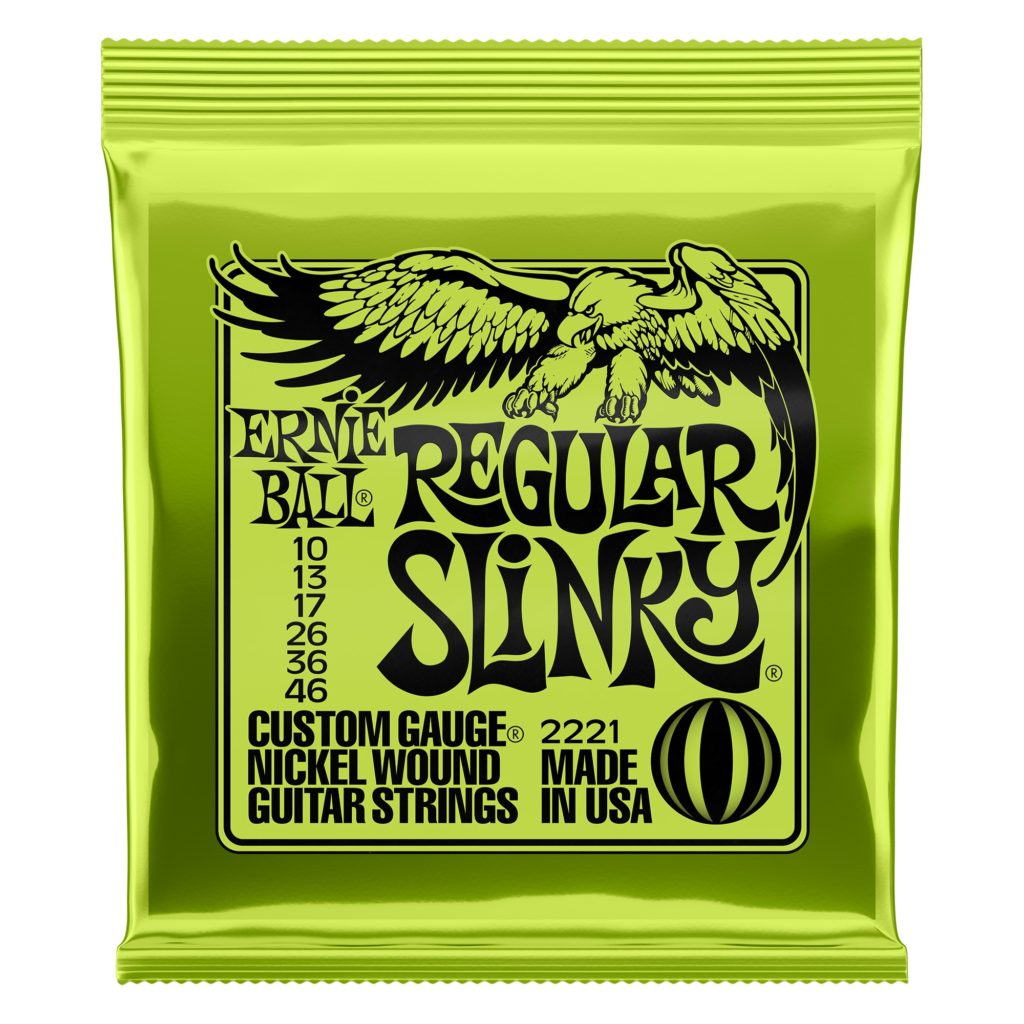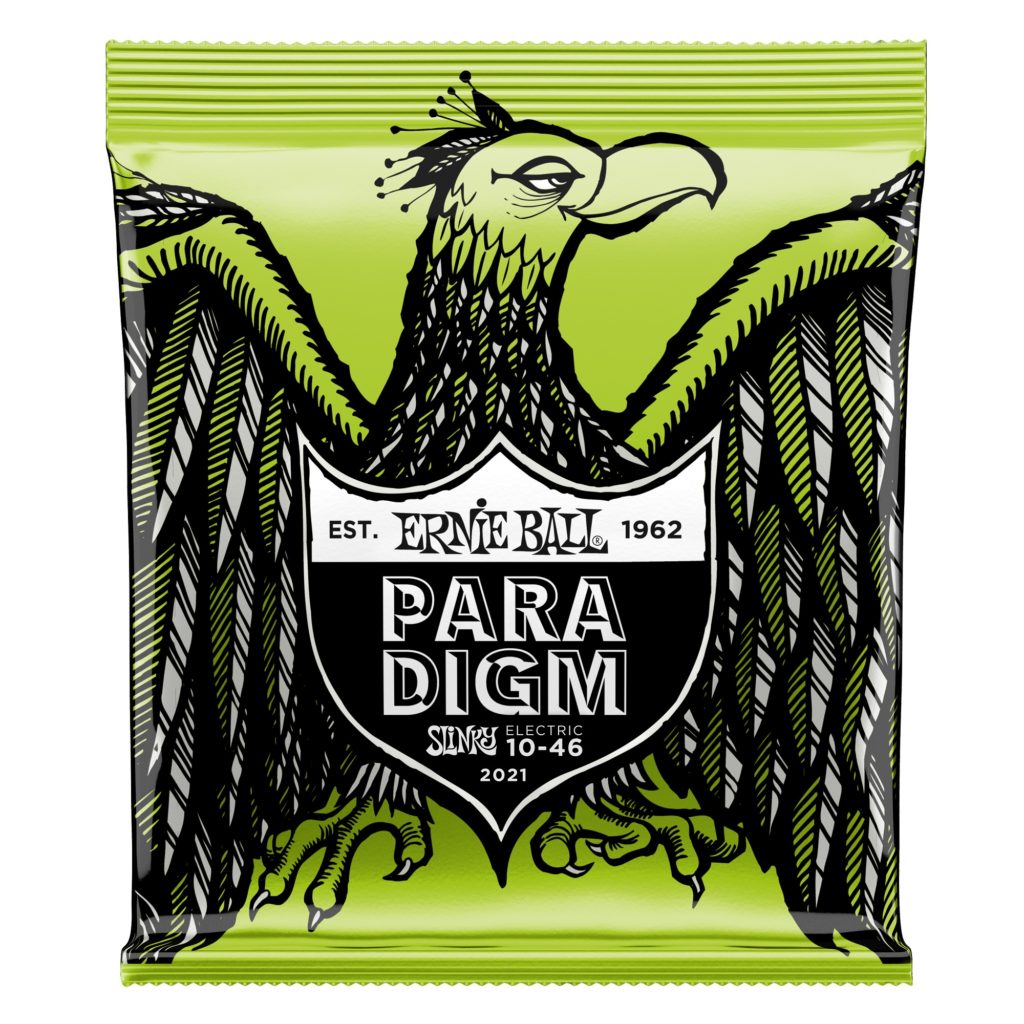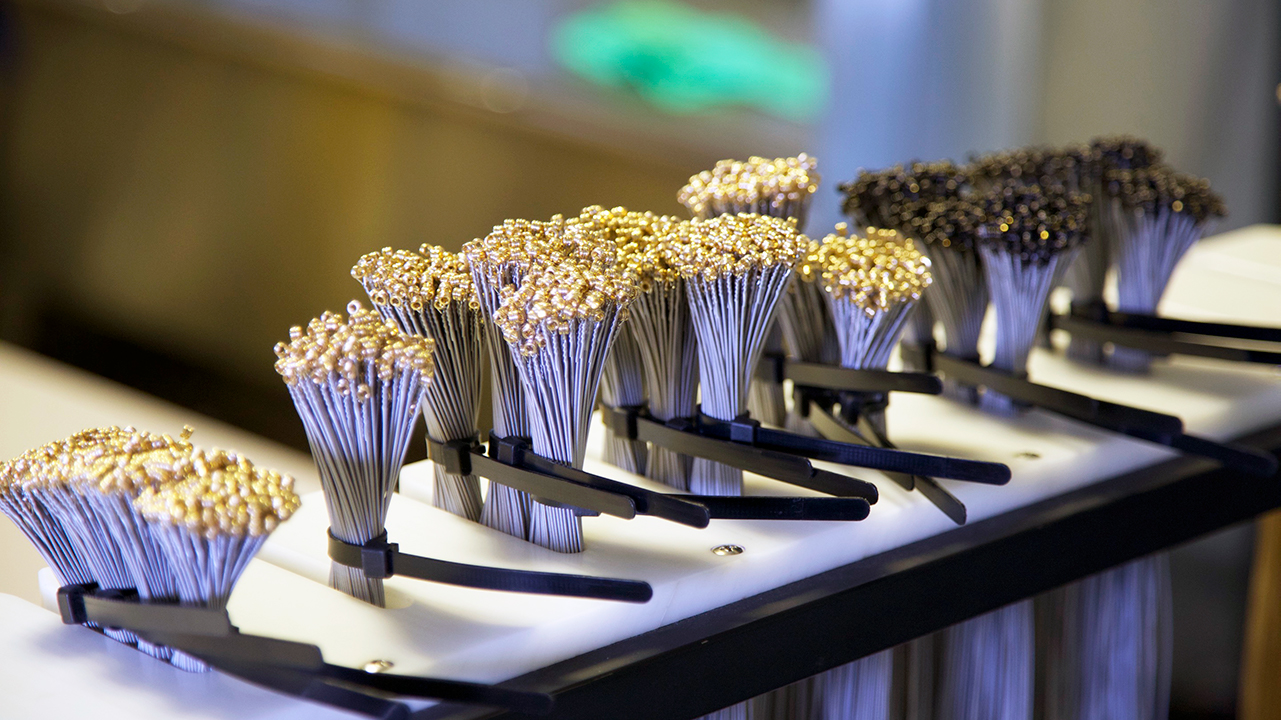
The string manufacturing industry has come a long way since Ernie Ball began making custom-wound sets in his Tarzana, CA music shop. So long are the days of simple wire strings. The technology that goes into manufacturing today’s guitar and bass strings are wildly complex, so we’re hoping to simplify things to make sure the next time you step foot in your local music shop you’re not overwhelmed by all of the choices.
One of the questions we get most frequently asked is what the difference is between coated and uncoated strings. Much like how it sounds, uncoated, or plain strings, have no extra layer of protective coating, while coated strings are treated with a thin layer of polymer which can be applied on the wrap wire, core wire, or the entire string.
The main benefit of coated strings is its corrosion-resistant properties. Changing climates, as well as sweat and oils from your skin, all contribute to the degradation of your strings. If you don’t regularly clean your strings, dirt and oil will build up in the valleys between the wrap wire and speed up the corrosion process, which ultimately contaminates the strings and kills tone. But unlike plain strings, coated strings provide a thin layer between the wrap wire and your fingers. The coated layer doesn’t allow dirt and grime to build up as quickly, allowing you to elongate the time between string changes.
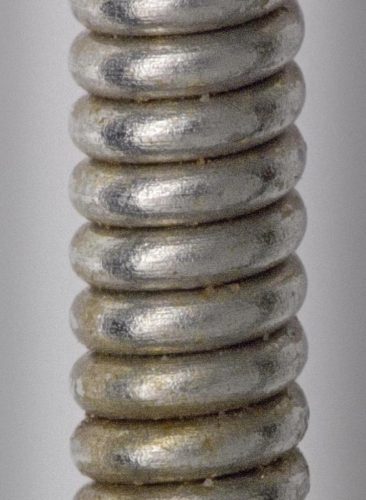
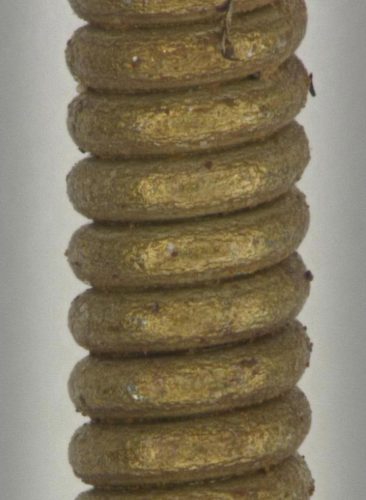
Sounds great, right? It is! But with any good thing, coated strings also have their drawbacks. While the polymer coating is great for keeping your strings clean and protecting them from the elements, coatings often dampen the highs, the way the strings respond, and sometimes even the way they feel. Some players find that coated guitar strings affect their tone, while also having a more slippery feel.
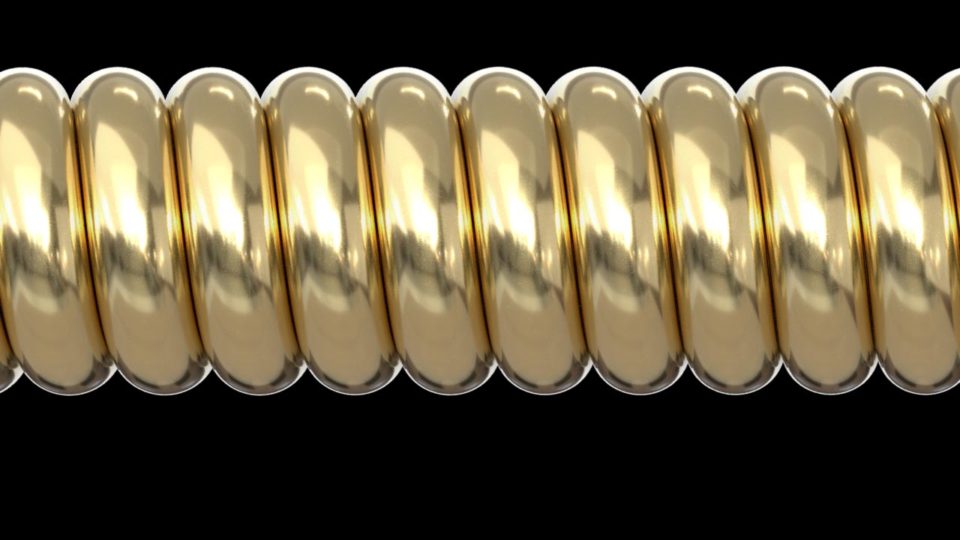
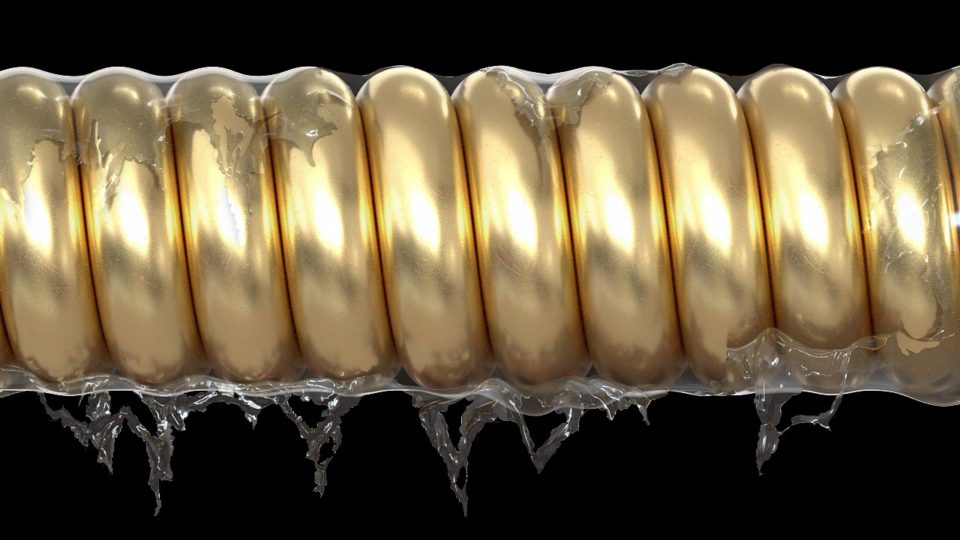
While a loss of tone is true for other coated strings on the market, Ernie Ball’s Everlast coating does not have any effect on the string’s tone. Developed at Princeton University, Everlast is a groundbreaking nanotechnology just nanometers thin that coats the entirety of the wound string, allowing it to repel moisture and oils that would lead to tone-killing buildup.
On top of our industry-leading Everlast treatment, our Paradigm strings are also manufactured with our Plasma Enhancement process. The high heat of the plasma removes contaminants and smooths out defects for a consistent finish. Ensuring that the wire has a more stable microstructure before it is wrapped means the string will last longer.
At the end of the day, coated versus uncoated strings completely comes down to personal preference. So the best way to find out if coated strings are the best for you is to try a pack for yourself.
Strings By Post – in tune with your needs.
